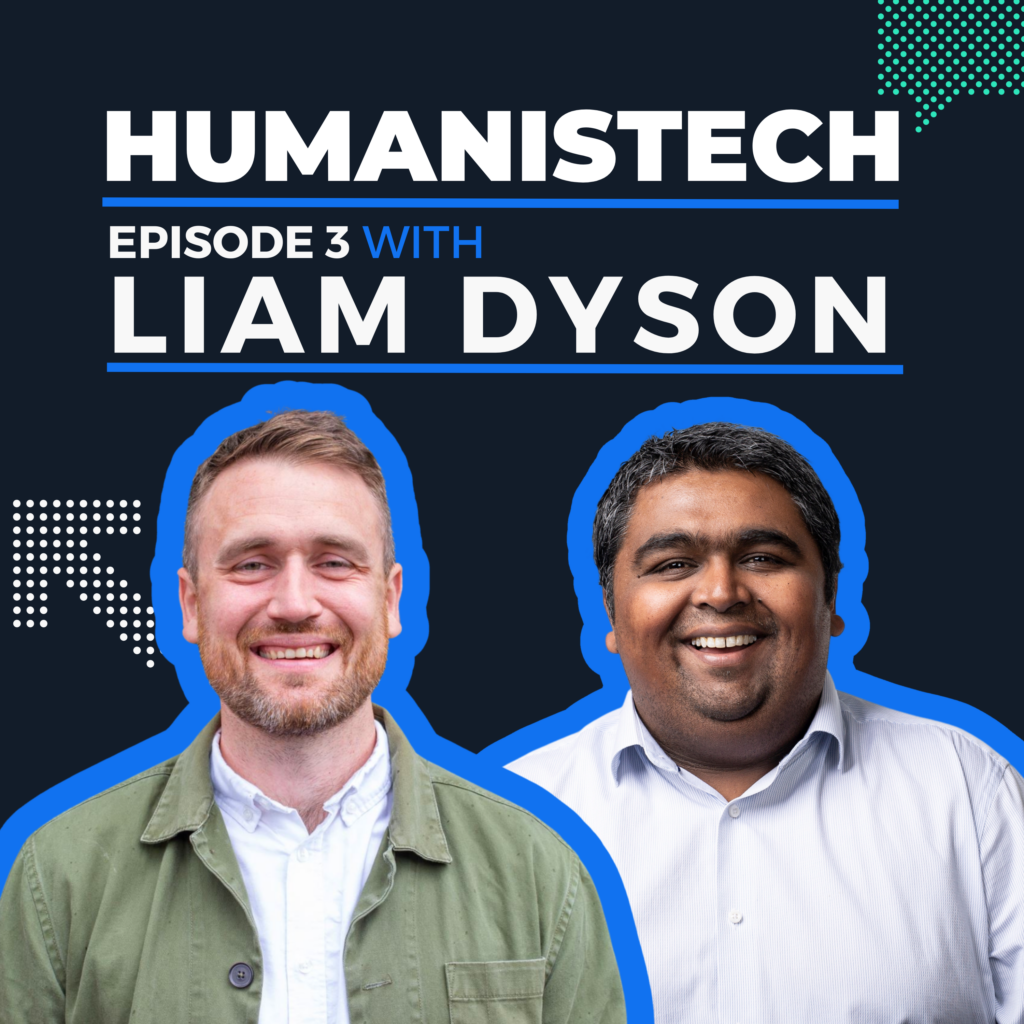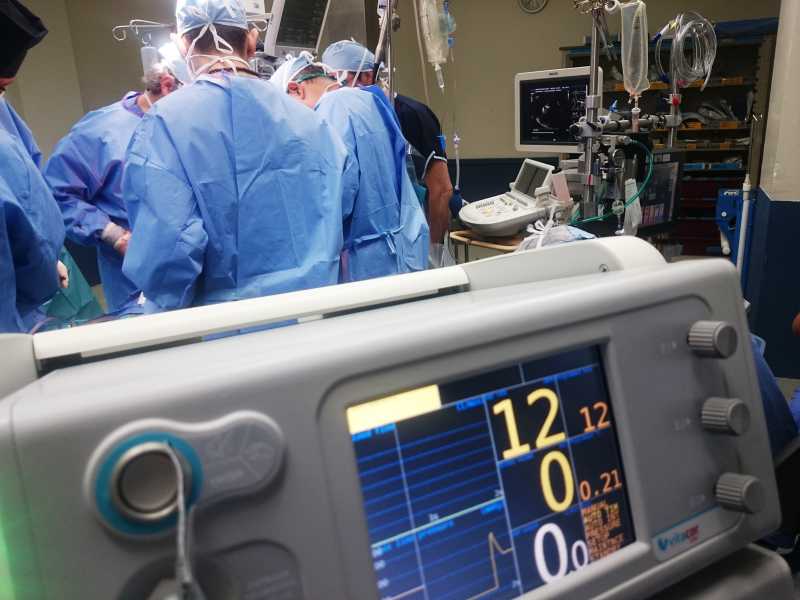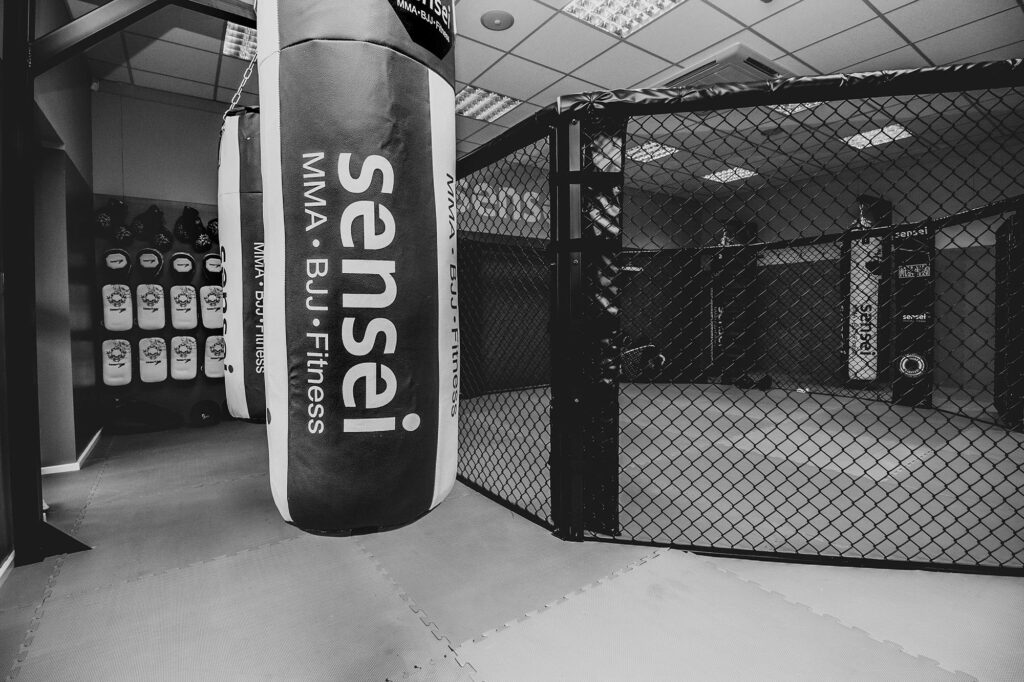Despite living in an age of digital information‚ most countries around the world remain reliant upon physical paper documentation for medical reports.
It is now possible to perform financial transactions without touching a single piece of paper in almost every country on the planet. Yet‚ those that are arguably the most important interactions between healthcare professionals remain paper-based‚ meaning risk to security‚ room for human error in accuracy and limits in efficiency.
Having consulted in the mobile and connected devices industry for over a decade‚ we’ve always looked to lead in exploring ways that different technologies can improve everyday tasks‚ as demonstrated by our research and innovation piece on customer issues in travel.
We certainly believe the management of medical reports is an area that is ripe for disruption . And that is simply scratching the surface given the mass of data involved in healthcare. In this blog‚ we explore how organisations can integrate technologies to enhance data management‚ use and reporting.
Mobile
In June 2017‚ a study revealed we spend almost 3 hours per day on our smartphones‚ with the curve rising so it’s likely to have surpassed that figure by now. Increased usage of mobile technologies has opened up many opportunities for information to be collected‚ processed and consumed from any location.
Indeed‚ most major mobile brands now offer some form of app(s) or hardware integrations as standard‚ enabling users to collect and view data related to their health. At the moment though‚ such information generally remains on mobile devices and offers only a very limited insight into a user’s well-being.
Were this information to be linked with powerful analytical systems and/or artificial intelligence (AI)‚ users could be empowered with more practical information to help them to control their condition. In fact we imagined what such a connected‚ assistive healthcare system might look like in a recent research paper. This would not only increase individual responsibility‚ but reduce the burden on healthcare professionals.
![[object Object] [object Object]](http://images.ctfassets.net/o6514hijae09/4nVExmnlZVpdjUDoXxLYXP/77e6c247a0b79b9b02aeb113c9e9cc38/ar_assisted_surgery.jpg)
Immersive
The role of immersive technologies in healthcare is set to grow exponentially as costs of hardware and development become more reasonable. At Innovate Now back in November 2017‚ we heard from Osso VR‘s Justin Barad‚ who spoke how medical professionals are being trained using XR. Elsewhere‚ there have already been a number of hololens surgeries.
However‚ we foresee that the popularisation of immersive technologies will lead not only to improvements in healthcare provision‚ but also consumption. Patients could use such tech to dig deeper into their diagnoses‚ learning more about their bodies and accessing well-presented and engaging information on how to mitigate risks.
Imagine a report that identifies a sprain in a hand being visualised by via an AR‚ VR or MR device‚ giving both health professionals and patients the opportunity to see and interact with a visual representation of any damage. In the example of a sprained hand‚ information such as how to properly bandage the affected area could be used to increase a patient’s level of independence.
Artificial Intelligence
Many are still trying to work out whether AI and Machine Learning are simply another ‘craze’. The reality is that AI is here to stay‚ and both its application and impact will only grow over the coming years.
Currently‚ we receive medical reports that detail certain chemicals levels in our body comparative to ‘ideal’ levels. However‚ from report to report‚ there is no explanation of the impact of any changes‚ meaning patients aren’t necessarily provided with an understanding of the positive or negative effect(s) a difference in their behaviour may have caused.
Artificial intelligence has the power to change this‚ with the mass of data in healthcare a perfect breeding ground for creating more powerful reports. AI will enable not only comparisons to previous results‚ but also scientific research data‚ ultimately providing more detailed insights into a patient’s current condition‚ and how they can continue to make improvements.
Use of AI will be amplified as our understanding of its potential application increases‚ and as its compatibility with other technologies improves‚ such as those aforementioned. We anticipate that such integrations will only serve to further empower patients.
These technologies will also increase understanding of patients amongst doctors and nurses. Technologically inspired improvements in record management will cut out human error when professionals pass cases to their colleagues‚ cut down the amount of contact time required and ultimately lead to safer healthcare provision.





